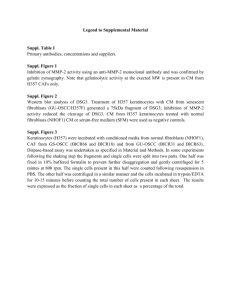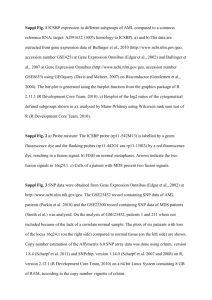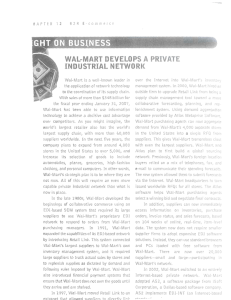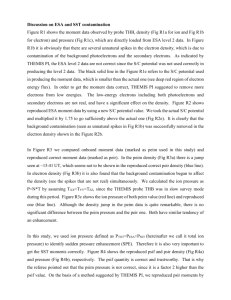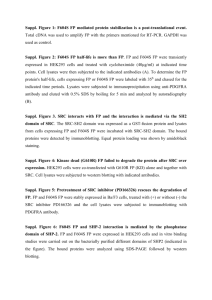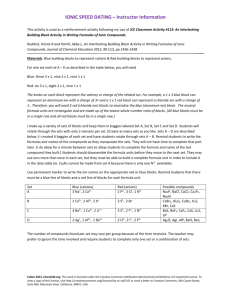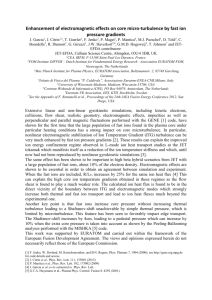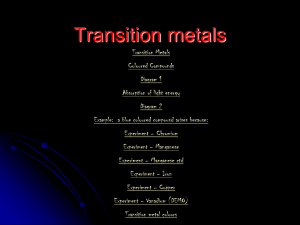jgra51351-sup-0001-Suppl
advertisement
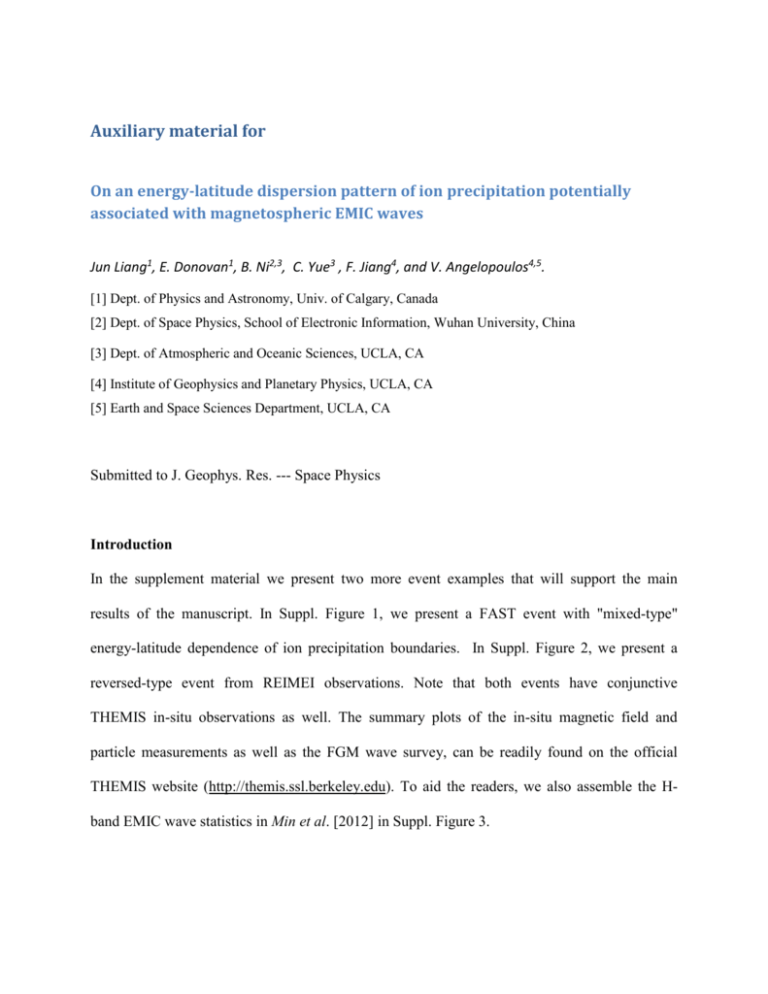
Auxiliary material for On an energy-latitude dispersion pattern of ion precipitation potentially associated with magnetospheric EMIC waves Jun Liang1, E. Donovan1, B. Ni2,3, C. Yue3 , F. Jiang4, and V. Angelopoulos4,5. [1] Dept. of Physics and Astronomy, Univ. of Calgary, Canada [2] Dept. of Space Physics, School of Electronic Information, Wuhan University, China [3] Dept. of Atmospheric and Oceanic Sciences, UCLA, CA [4] Institute of Geophysics and Planetary Physics, UCLA, CA [5] Earth and Space Sciences Department, UCLA, CA Submitted to J. Geophys. Res. --- Space Physics Introduction In the supplement material we present two more event examples that will support the main results of the manuscript. In Suppl. Figure 1, we present a FAST event with "mixed-type" energy-latitude dependence of ion precipitation boundaries. In Suppl. Figure 2, we present a reversed-type event from REIMEI observations. Note that both events have conjunctive THEMIS in-situ observations as well. The summary plots of the in-situ magnetic field and particle measurements as well as the FGM wave survey, can be readily found on the official THEMIS website (http://themis.ssl.berkeley.edu). To aid the readers, we also assemble the Hband EMIC wave statistics in Min et al. [2012] in Suppl. Figure 3. fs01.eps (Suppl. Figure 1) FAST observations on 2008-02-21. The top three panels show the ion energy flux spectrogram in downgoing, perpendicular, and upgoing directions observed by FAST. The 4th panel shows the electron energy flux spectrogram in the downgoing direction. This is an example of mixed-type events: the CPS ion precipitations with energies >1 keV basically feature a normal energy-latitude dispersion, yet there are some lower-energy structures that progressively extend to lower latitudes. Those lower-energy structures however, might not originate from the CPS (See Section 3.3.3). In this event, TH-D was ~0.6h MLT west to the meridian of FAST passage , but no hint of H-band EMIC waves is identified on TH-D. fs02.eps (Suppl. Figure 2). An example of reversed-type events observed by REIMEI. The upper three panels show the ion energy flux spectrogram in downgoing, trapped, and upgoing directions. The bottom panel shows the variations of isotropy ratio versus ILAT for different ion energies within 1-12 keV. In this event, TH-A/E/D were all within ~1h MLT east to the meridian of REIMEI passage. Evidences of H-band EMIC waves at ~0925 UT can be deduced from in-situ THEMIS observations (see FGM wave survey on THEMIS website). fs03.tif (Suppl. Figure 3). Global distributions of (a) Occurrence probability; (b) Averaged wave power; (c) Averaged ellipticity; (d) Averaged normal frequency, of H-band EMIC waves. Copied from Min et al. [2012] (copyright of AGU publication).
